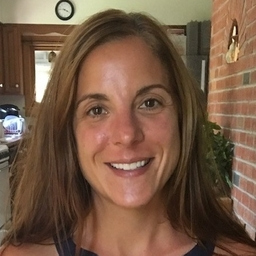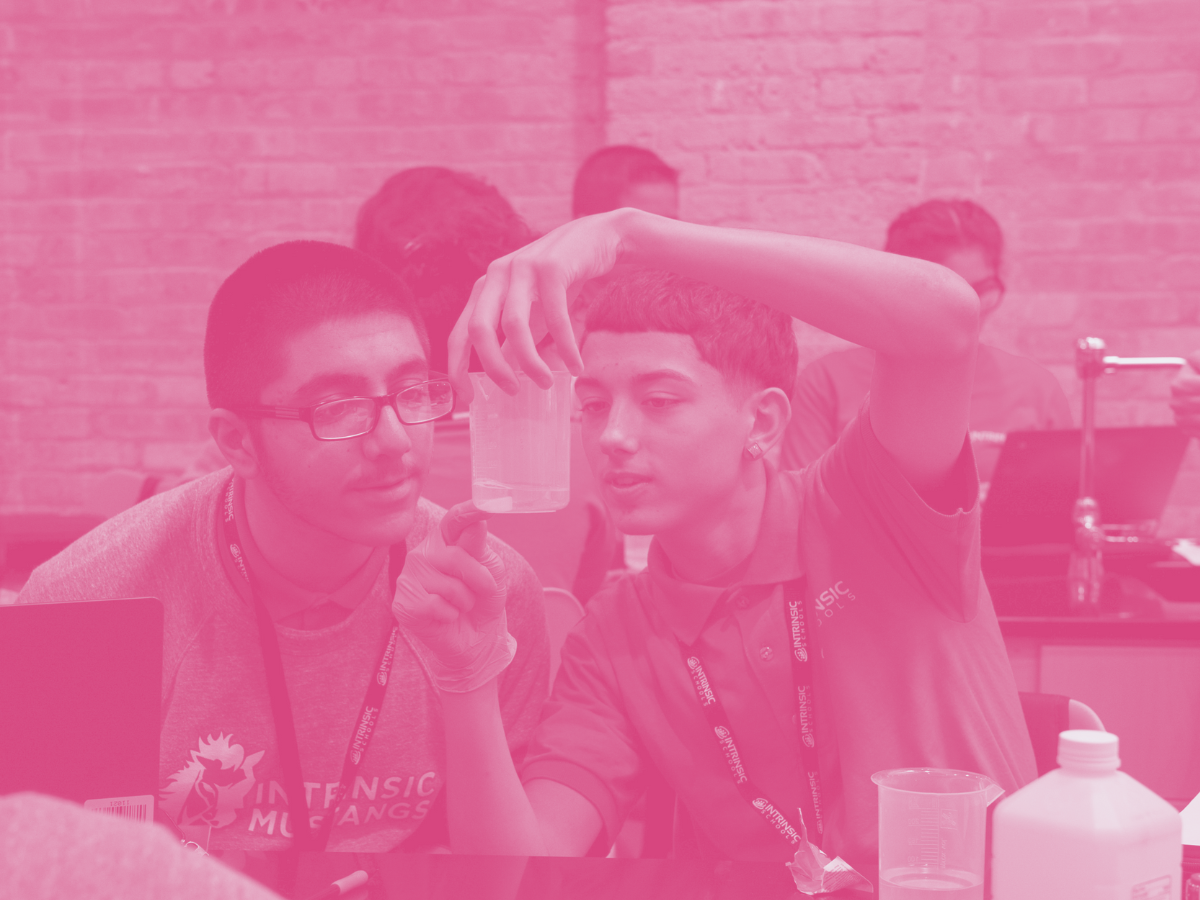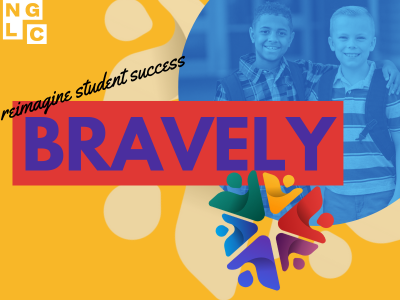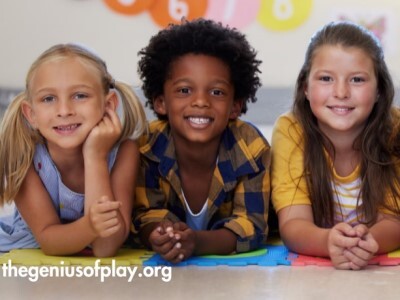New Designs for School
Top 6 Themes of the “Friday Focus” Practitioner’s Guide to Next Gen Learning
Topics
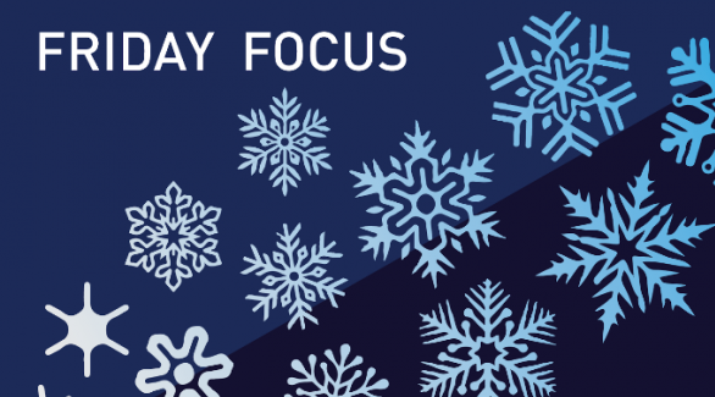
We’ve all had the experience of truly purposeful, authentic learning and know how valuable it is. Educators are taking the best of what we know about learning, student support, effective instruction, and interpersonal skill-building to completely reimagine schools so that students experience that kind of purposeful learning all day, every day.
Practitioner's Guide to Next Gen Learning
The insights, surprises, challenges, collective hardships, and joys of next gen learning practice this year will shape how innovation in K-12 continues in the years to come.
I invite you to join me as I look back and reflect on the insights, surprises, challenges, collective hardships, and joys the NGLC network has experienced in 2016. The top themes covered in the Friday Focus series, a practitioner’s guide to next gen learning that we put out twice a month, show how much we have learned together. Looking back on the year’s editions of Friday Focus, six major topics and themes surface: Student Agency, Changing the Culture of Professional Learning, Equity in Next Gen Learning, Structures for Next Gen Learning, Rethinking Assessment, and Schools and Models.
Student Agency
Lets us nurture in each of our students “a deep and durable self in charge of one’s learning and development.” —Grace Belfiore
“Developing a student's capacity to be an ‘agent’ is a horribly difficult, complicated, and personal work. It’s unquantifiable and un-MOOCable. It’s very nearly an art; it’s almost moral; and I believe it is the central role of the educator.” —Andrew Rickard, “‘Student Agency’ Is Not Something You Give or Take”
In our ever-changing world, collaborating with students to exercise, develop, and practice agency is an essential component to learning, maybe even the core purpose, as Davidson University student Rickard declares. Agency requires choice; freedom and knowledge to know why, how, and in what ways to take action; having the confidence, disposition, tools, and skills to persevere and stay motivated when challenges inevitably arise; and empowerment.
Professional Learning
“Is it possible to teach and inspire a learning mindset if you’re not nurturing and reflecting on your own?” —Stef Blouin
Professional development is about the adult as learner because, as we reflected on earlier in the year, can you have empathy and relate to learners if you’re not a learner yourself? This learning can take many forms, as educators grow and build new capacity and “muscles” for next gen learning experiences. One shift this year is an understanding that in order to truly personalize learning for students, educators will need to experience personalized learning themselves first (or concurrently). Cornerstone Charter Network’s model combines a phased approach with a dashboard, a dedicated person, and a culture of trust to help give teachers the personalized professional development supports they need to grow their practice. As you head into the new year, remember to continually ask yourself, How much can I grow if I’m not curious, exploring, making time, making mistakes, or making discoveries? Our professional learning opportunities need to do just that.
Equity in Next Gen Learning
“In these troubled, uncertain times, we don't need more command and control; we need better means to engage everyone's intelligence in solving challenges and crises as they arise.” —Margaret J. Wheatley
“To deny a person the fullest intellectual and personal development is to deny a fundamental human right” —from “Changing the Discourse in Schools,” a chapter in Race, Ethnicity, and Multiculturalism: Policy and Practice
This year we have worked together as an NGLC network to explore what equity means in the context of next generation learning and how next gen learning helps “each child receive what he or she needs to develop to his or her full academic and social potential.” Conversations on equity are personal and uncomfortable. They require active listening and a willingness to explore how our identities and our implicit biases shape our lives and those of our students, as well as how our system is one of privilege and oppression. We created a new toolkit, Designing for Equity in Next Gen Learning, to support those who are motivated and ready to make conversations about equitable learning more transparent and transformative. We had two #NGLCchats, filled with vulnerability and openness. We’re eager to continue the conversation in the new year.
Structures for Next Gen Learning
“Do we help our students create and find joy in their environments and their experiences?” —Stef Blouin
The structures we create (purposefully or unintentionally) in our learning environments—physical space, use of time, staffing models, tech solutions—all play an important role in next gen learning. We continue to be interested in learning and exploring what works well for NGLC grantees and others in the field and why. What this year continues to demonstrate is there is no one way to do it. Spaces can and should be joyful; they can foster agency, multidisciplinary learning, and community (e.g., makerspaces and learning studios). Time can be turned on its head, giving students the opportunity to move at their own pace, which is key in personalizing learning. We created a whole toolkit to explore this topic more. And if you want to do some brainstorming and iterating of your own when it comes to these structures, consider tapping into the power of design thinking, a helpful process to approach problems and one that we use ourselves and dug into this spring with a series of resources from our friends at Citybridge Education.
Rethinking Assessment
“How can we go beyond academic achievement to measure a broader range of the skills and dispositions necessary for success in college, career, and community?” —Assessment for Learning Project
Words hold power, and assessment is a word that for many (students, parents, administrators, and teachers alike) can elicit real fear, frustration, or anxiety. But we know that assessment is a core part of the learning process, and that’s why it’s more important than ever for next gen schools to rethink what assessment looks like, what it means, and how it’s used. The Assessment for Learning Project, one of the largest bodies of work we launched this year in partnership with the Center for Innovation in Education (CIE), is a community of learners who are working to do just that. To learn more, read about grantee WestEd’s Student Agency in Assessment & Learning (SAAL) project and how they are focusing on helping students and teachers strengthen their agency through peer feedback and self-assessment. (Because in order for students to have agency, there needs to be that learning culture for educators as well.) Del Lago Academy–Campus of Applied Science built their project around one big question: How do people actually learn to be competent scientists? From this came the Competency X project, in which students show evidence and earn digital badges (built along with learning progressions by scientists, DLA teachers, higher ed partners, and Big Picture Learning). The badges focus on the skills students need for internships, and students are able to earn more badges through real-world learning with industry mentors. Inspired? We certainly are!
Schools and Models
“It's not what I know, it's what we know.” —Will Richardson
And last, but certainly not least, it should come as no surprise that many of the Friday Focus editions throughout the year reflect on our schools and models. One of NGLC’s theories of action is that we learn more together than apart, so we encourage you to look back with us.
- Dig into Fullerton School District’s quiet revolution in the form of an augmented reality game, iPersonalize
- Be as inspired as we were at the immersive, comprehensive projects of the Workshop School and Science Leadership Academy
- See how competency and project-based learning are combined at Building 21 to help ignite students passions, agency, and impact
- Explore our Friday Focus on LEAP Innovations’ LEAP Learning Framework, a tool to help establish a common understanding around personalized learning and provide concrete strategies to create personalized learning experiences for students.
Make sure to check back on our Friday Focus archive for many more schools and models for you to learn from.

